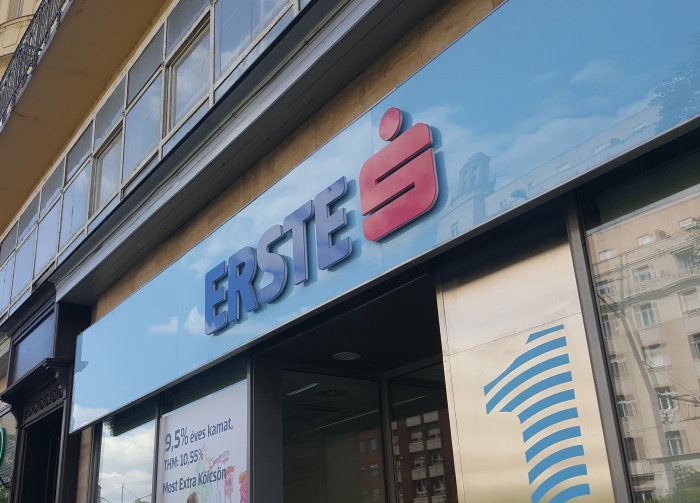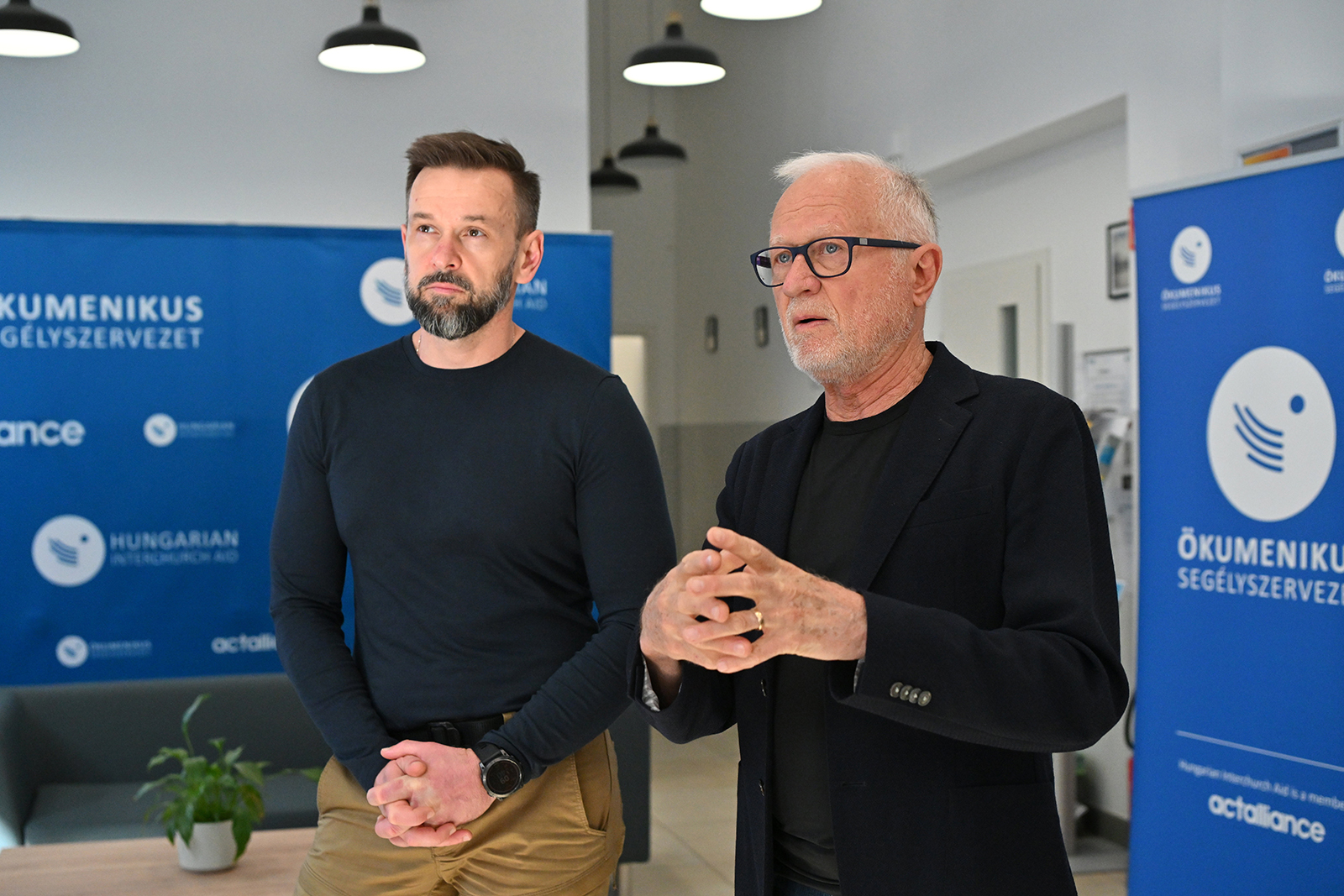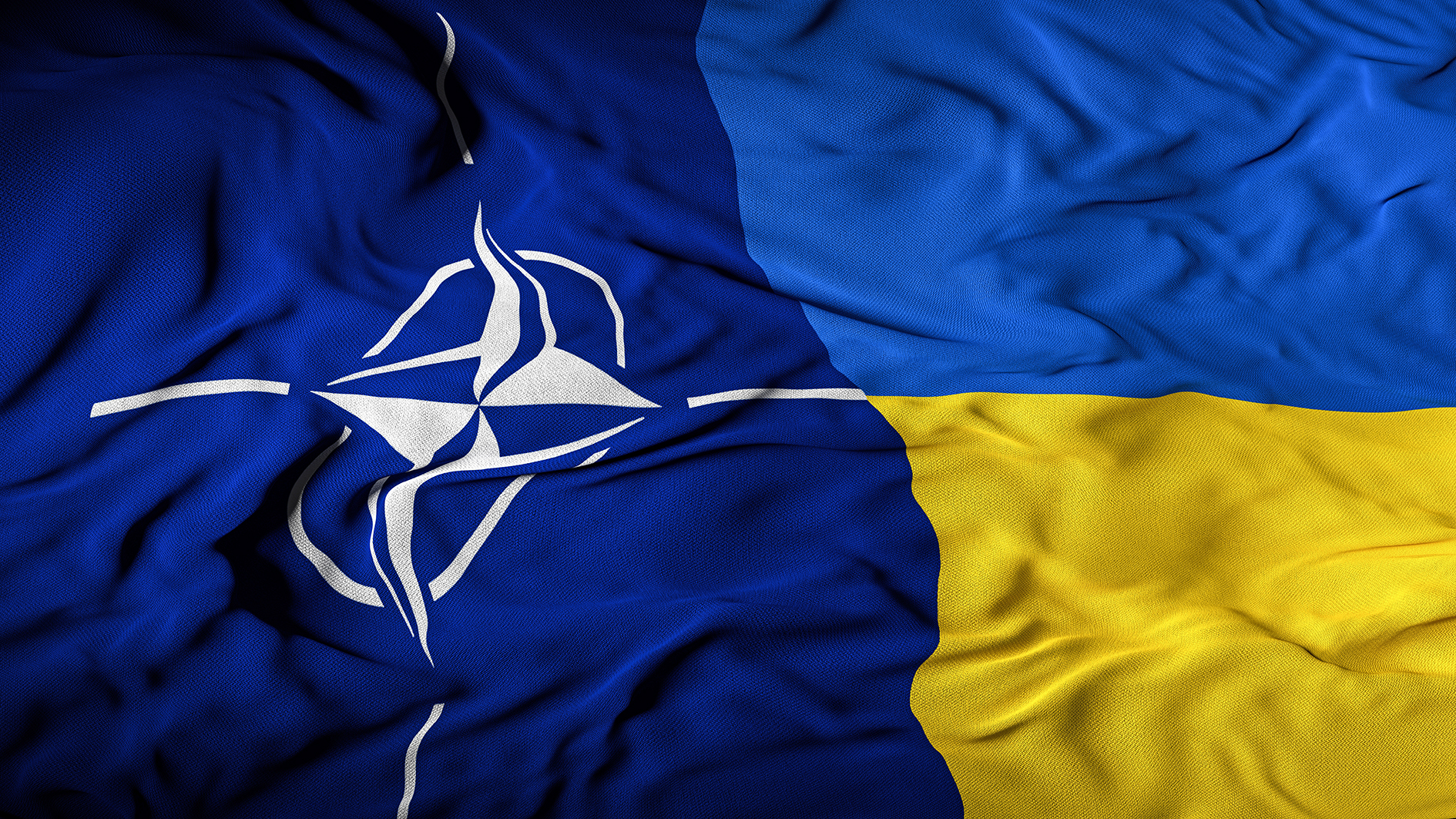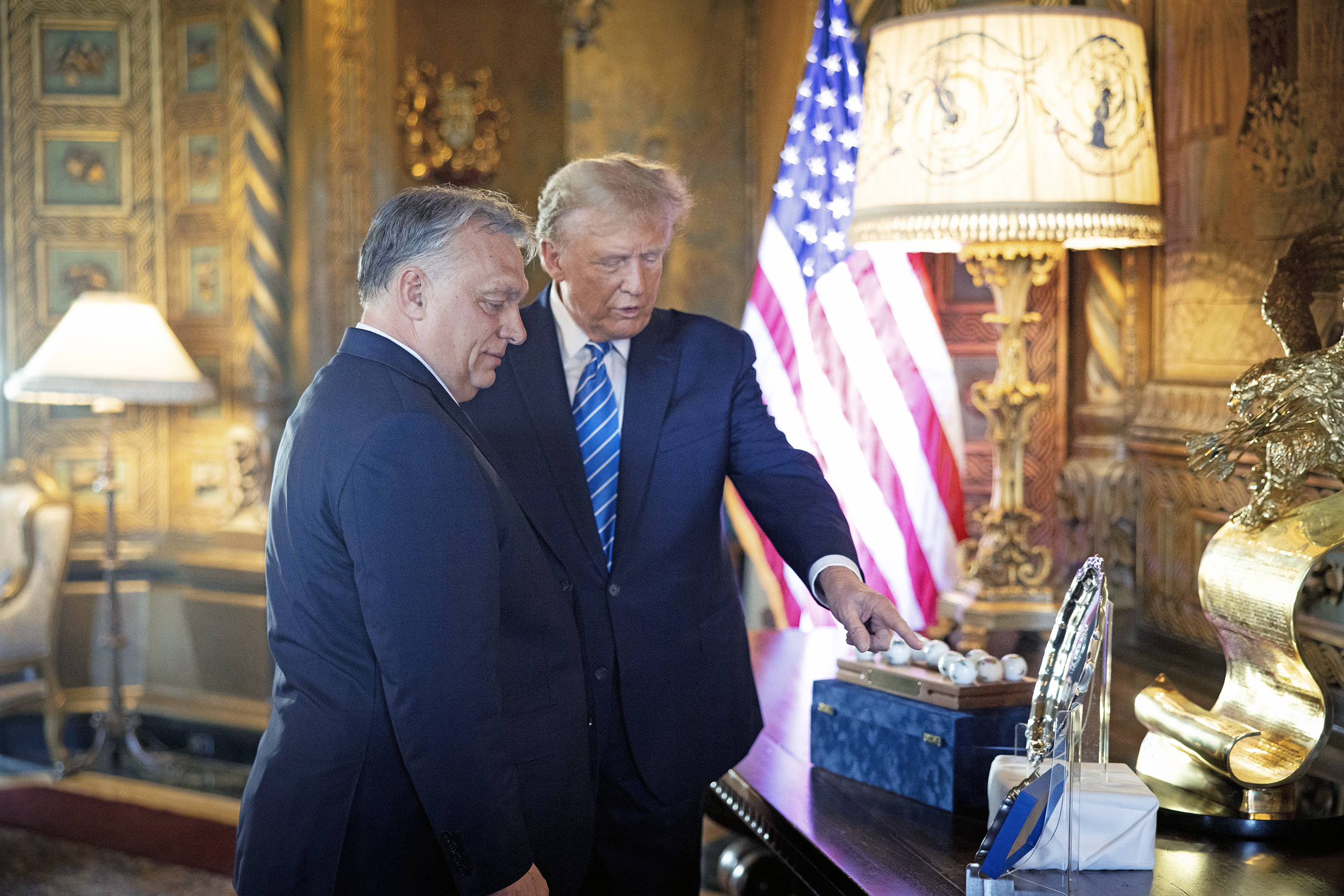Agriculture row Rumbles on as PoWs, Coaches Handed Over

Photo by Svet foto / Shutterstock.com
The European Commission chose to extend restrictions on the import of several agricultural products from Ukraine, including wheat, maize, rapeseed and sunflower seed, to member states Hungary, Bulgaria, Poland, Romania and Slovakia until September 15, according to an announcement on June 5, the day the restrictions had initially been set to expire.
Ukraine’s Ministry of Agrarian Policy and Food responded on June 8 by saying that it considered the extension “inappropriate,” although it did welcome certain “positive aspects” of the decision.
“In particular, this is the creation of a consultative platform between Ukraine and the EU within the framework of which transit issues will be resolved.” The statement concluded with the ministry expressing its hope that the EC would not extend the restrictions any further.
The European Union’s executive body had introduced the measures on May 2 in response to a unilateral introduction of import restrictions by several of the member states, notably Hungary and Poland, in the weeks prior.
Domestic Safeguarding
These member states justified their bans by citing the need to safeguard domestic producers, as they claimed that their domestic markets were being inundated with Ukrainian agricultural products due to an exemption from customs duties and quotas introduced by the EU in June 2022 to expedite deliveries to countries in the Middle East and Africa.
Alongside the extension of import restrictions on agricultural products to specific member states, the European Commission also announced the continuation of the suspension of customs duties and quotas for Ukraine for another year.
The agricultural chambers of the Visegrád Group, an alliance also known as the V4, which includes Hungary, the Czech Republic, Poland, and Slovakia, subsequently responded to the EC’s announcement. At a meeting in Rácalmás (60 km south of Budapest) on June 6, these lobbying bodies pressed for the EU to rescind the exemption for Ukrainian farm products from customs duties and quotas “as soon as possible,” according to Hungary’s National Agriculture Chamber (NAK).
Dissatisfied with the length of the extension of the ban on Ukrainian wheat, maize, rapeseed and sunflower seed to neighboring EU members, the agricultural chambers demanded it be extended until June 2024 in order to accommodate this year’s harvest. They also called for European Commissioner for Agriculture Janusz Wojciechowski to expand the scope of the ban to include more agricultural products.
Additionally, the Visegrád Group’s farm chambers proposed that Brussels offer compensation to Ukrainian farmers, if necessary, and establish a fund to support farmers in Central and Eastern Europe.
Meanwhile, in an announcement posted on his Facebook page, Deputy Prime Minister Zsolt Semjén said that Hungary had received a group of 11 Ukrainian prisoners of war from Russia on June 9. Semjén had apparently coordinated the release of the prisoners of Transcarpathian origin, a western region in Ukraine with a sizable Hungarian minority, with the Russian Orthodox Church, which had made an initial announcement regarding the release the day before.
Intriguingly, Oleg Nikolenko, a spokesman for Ukraine’s foreign ministry, said, “The Ukrainian government was not informed about the corresponding negotiations between the Hungarian and Russian sides.” He subsequently demanded that Hungary “provide detailed information about our citizens and urgently provide access to them.”
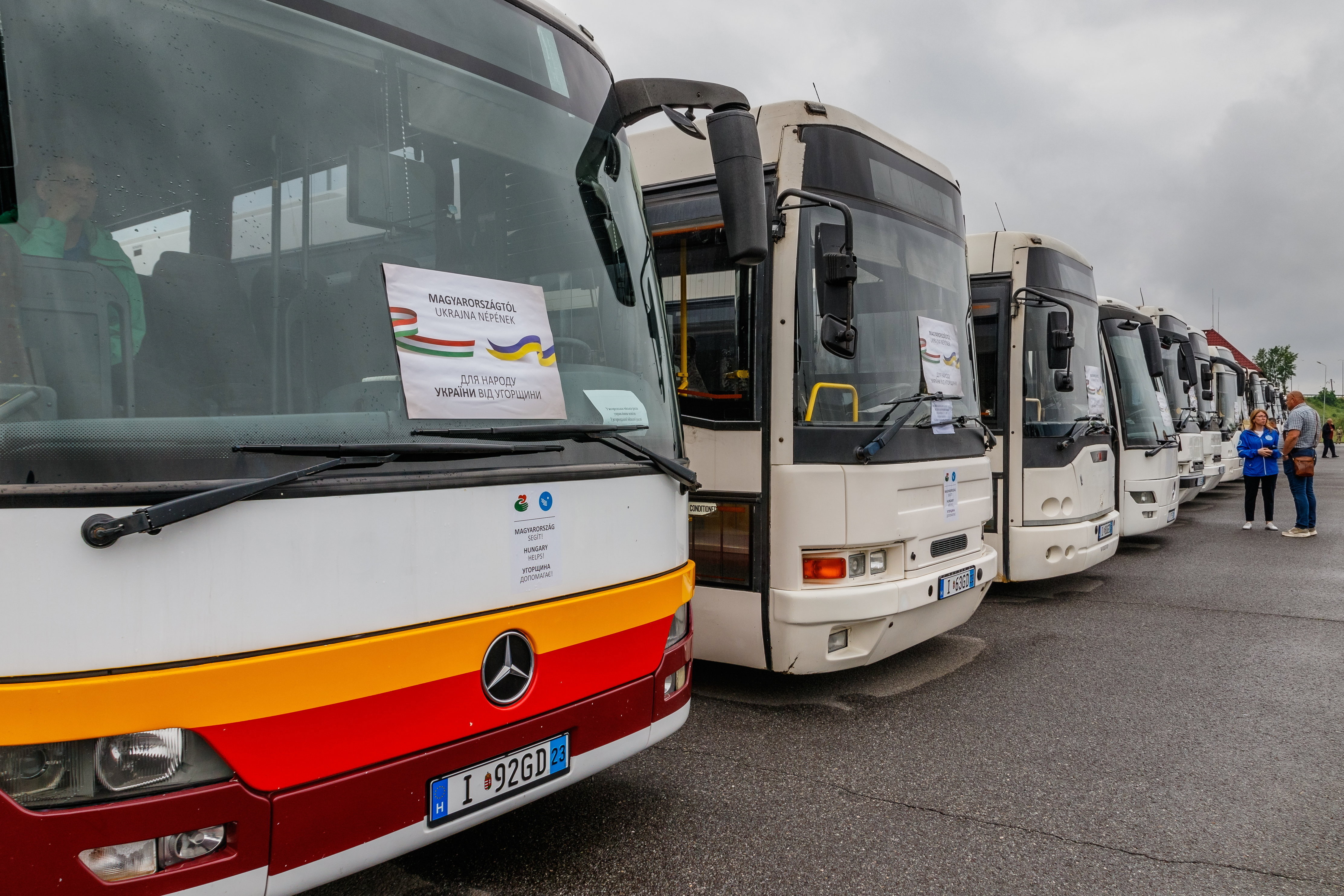
Hungary’s national coach service Volánbusz Zrt. handed over 34 intercity buses buses to war-affected regions in Ukraine at Tiszasalamon, Transcarpathia (an area of Ukraine that was part of Hungary until the end of World War I and has a large ethnic Hungarian population) on June 8. Speaking in Solomonovo, a Ukrainian village across the border from Hungary, Deputy Minister at the Ministry of Foreign Affairs and Trade Levente Magyar said Ukrainian officials had earlier signaled the need for buses in areas hit by the war. That need is more significant now because of the impact of the burst dam in the area around Kherson, he added. Viktor Mykyta, the head of the Transcarpathian Regional Military Administration, thanked Hungary for its latest donation to Ukraine. More of the buses than originally planned will be sent to Kherson, where tens of thousands of people must be evacuated, he added.
This article was first published in the Budapest Business Journal print issue of June 16, 2023.
SUPPORT THE BUDAPEST BUSINESS JOURNAL
Producing journalism that is worthy of the name is a costly business. For 27 years, the publishers, editors and reporters of the Budapest Business Journal have striven to bring you business news that works, information that you can trust, that is factual, accurate and presented without fear or favor.
Newspaper organizations across the globe have struggled to find a business model that allows them to continue to excel, without compromising their ability to perform. Most recently, some have experimented with the idea of involving their most important stakeholders, their readers.
We would like to offer that same opportunity to our readers. We would like to invite you to help us deliver the quality business journalism you require. Hit our Support the BBJ button and you can choose the how much and how often you send us your contributions.


